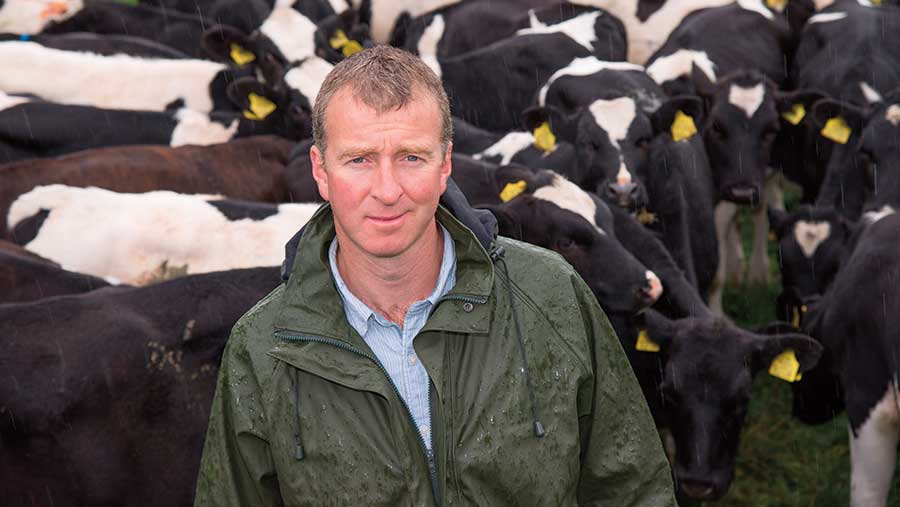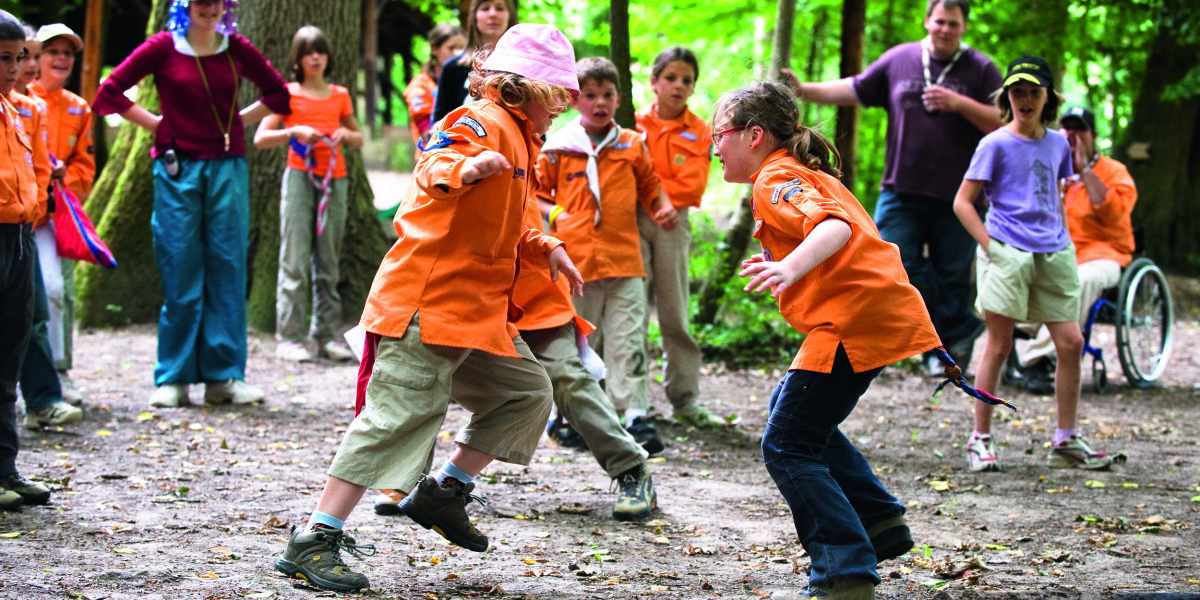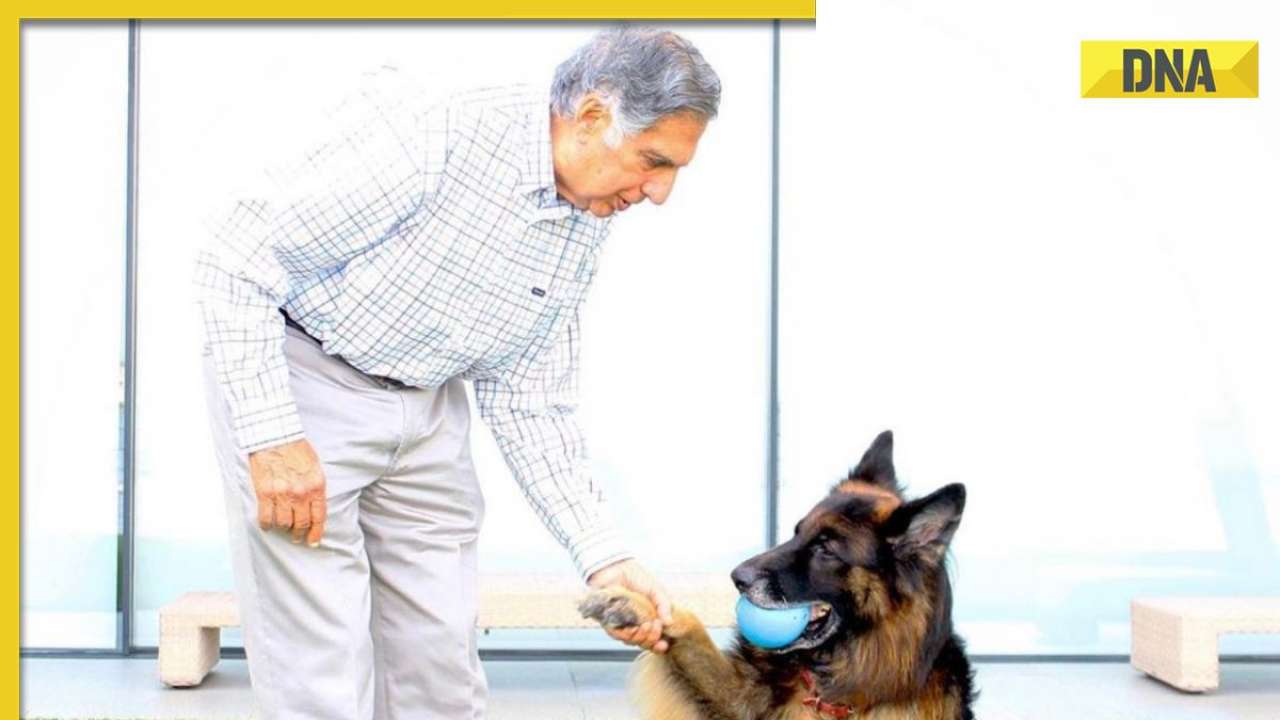
- Select a language for the TTS:
- UK English Female
- UK English Male
- US English Female
- US English Male
- Australian Female
- Australian Male
- Language selected: (auto detect) - EN
Play all audios:
Dairy farmer Robert Craig ©John Eveson Sustainability of farming was a focus at the recent Sustainable Food Trust conference in Llandovery and a Nestle conference in Vevey, Switzerland.
Cumbria dairy farmer Robert Craig discusses some of the key take-home messages. 1. UNDERSTANDING THE LIMIT OF NATURAL RESOURCES Harmony in Food and Farming was opened by the HRH the Prince
of Wales, who explained in detail his own frustration and early self-doubt when he realised that we, as humans, “were separating what we are from what we do”. One message prevailed
throughout both events: questioning agriculture’s seemingly relentless drive for yield and greater productivity, while giving little consideration to the nutritional value of the food that’s
being produced or the declining health of environment producing it. Prof Tony Jupiter, speaking at both conferences, clearly set the scene, stating in his presentation that “agriculture
would liquidate natural capital until the dividends stopped” – a situation already familiar to farmers all over the world. See also: Dairy Farmers of the Year As farmers, we need to clearly
understand the limit of the resources we have available, value them and learn how to build regenerative systems that can even replace and repair the damage already inflicted. > We all
have a choice. The farmer of the future will be the farmer > who makes the future. Producing valueless commodities for the world > with dwindling resources doesn’t excite me. >
> Robert Craig 2. EDUCATING CONSUMERS The single overriding message resounding through both events was the urgent need to inform and educate, not just the consumers of tomorrow, but
everyone. That includes today’s consumers, farmers and those involved in the development of future policy. It was enlightening to hear about one school’s example of educating children on
where their food comes from and the effect on the environment. Richard Dunne, headmaster at Ashley C of E Primary School, explained how he employs a school gardener to assist in the school’s
desire to grow its own food. By bringing the kitchen into the classroom and putting food at the heart of learning, the school is enabling a far greater understanding of the interdependence
food has with the natural environment, how food is produced and how it should be valued, even to the extent of measuring how much is wasted by weighing it daily. Education on nutrition
should also extend to doctors. Dr Martin Scurr said with mounting evidence that many of our current health challenges are linked to poor diet and nutrition, it seems our own ability to
manipulate our food production has outpaced our ability as a species to keep up. This means that today’s children will be the first generation not to see an increase in their life
expectancy. 3. GRASP OPPORTUNITIES TO CHANGE POST-BREXIT We all have a responsibility to manage farming for the future and Brexit now offers a unique opportunity for UK agriculture to
change. The CAP area-based subsidy model, which has left us with intensive farming surrounded by marginal environmentalism, is no longer fit for purpose and it’s time we made real progress
towards a more regenerative, yet more productive, future. Rather than arguing for business as usual, we should be grasping the opportunity and lobbying hard for government to invest public
money in farming systems that produce healthy nutrition, while also protecting the essential ecosystems that we all depend on. We all have a choice. The farmer of the future will be the
farmer who makes the future. Producing valueless commodities for the world with dwindling resources doesn’t excite me.






:max_bytes(150000):strip_icc():focal(499x0:501x2)/tamron-hall3-044b329b98e8421ea0fd953665b1f86a.jpg)